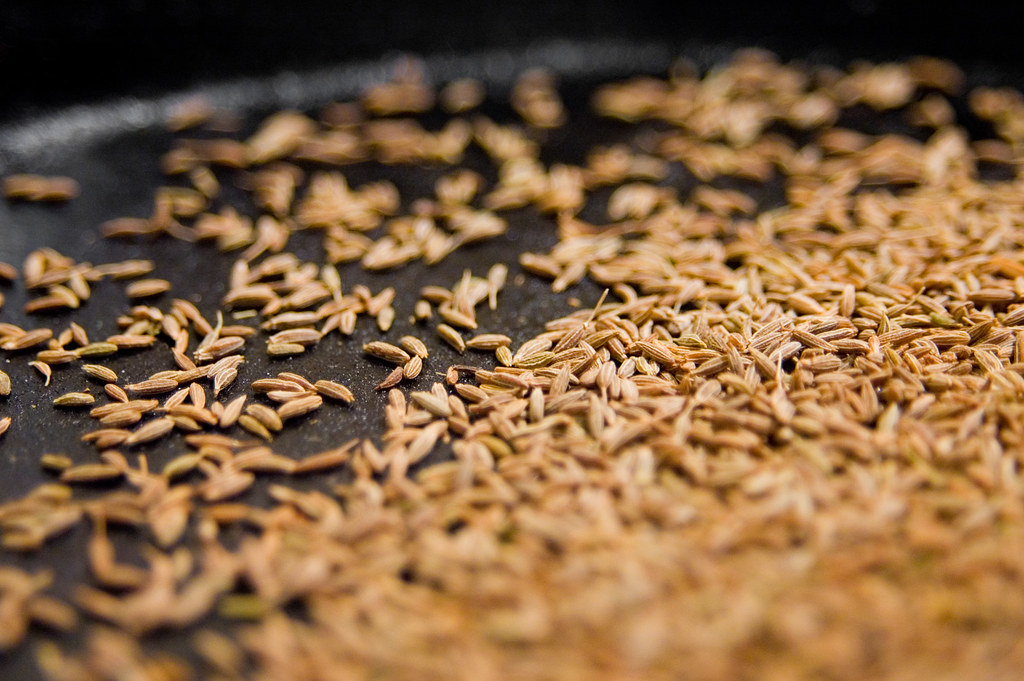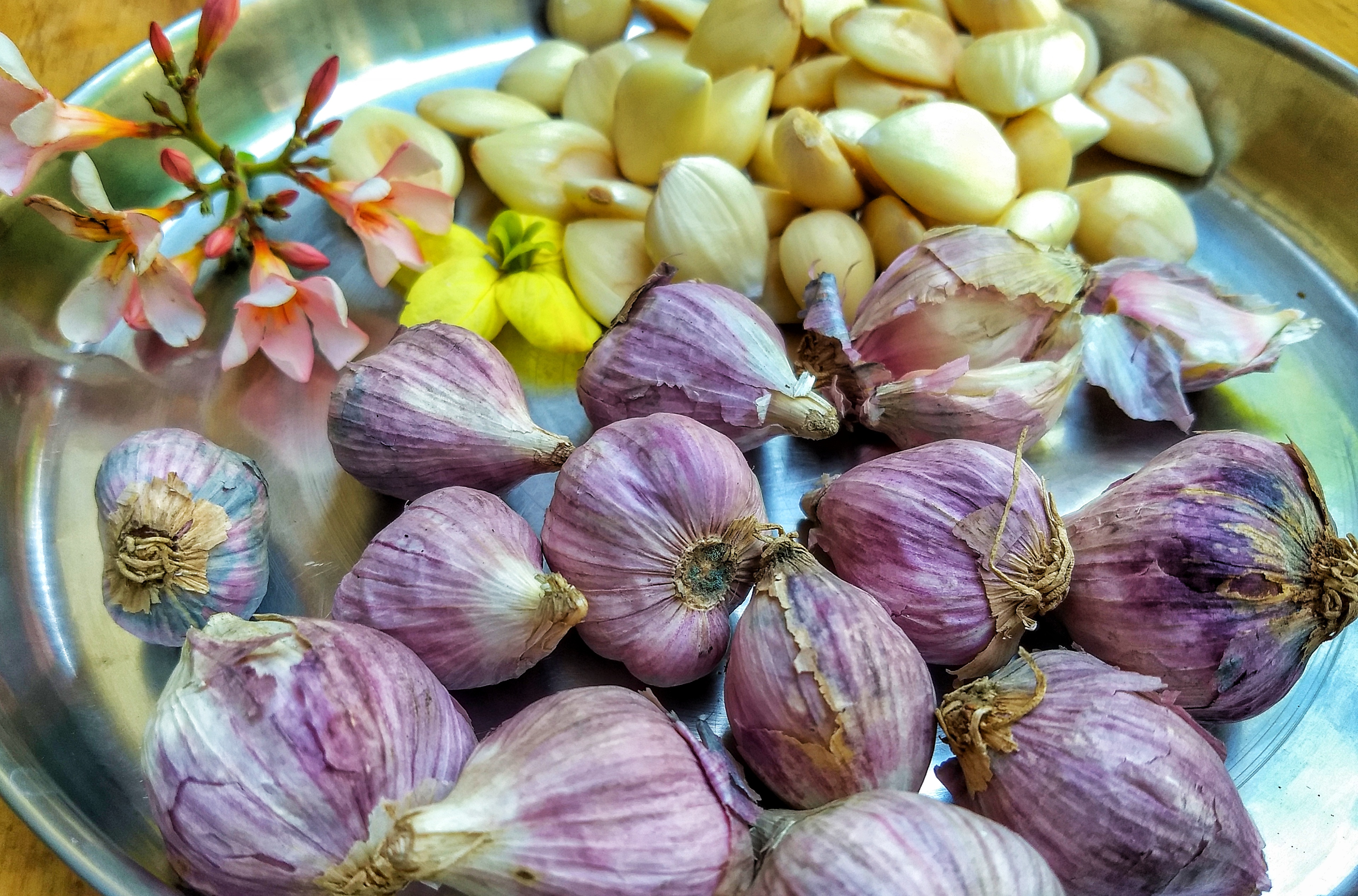
Hello, health enthusiasts! Today, we’re going to explore the wonders of a humble yet potent spice – Cumin, also known as Jeera. This tiny seed is a staple in kitchens around the globe, but did you know it’s also a secret weapon for weight loss? Let’s delve into the benefits of Cumin and how it can help you achieve your health goals. 😊
What is Cumin or Jeera?
Cumin, or Jeera, is a spice that originates from the Mediterranean and Southwest Asia. It’s extensively used in Indian, Middle Eastern, and Mexican cuisines for its unique flavor. But beyond its culinary uses, Cumin has been revered in traditional medicine, like Ayurveda, for its health benefits.
Jeera or Cumin for Weight Loss: How Does it Work? 🤔
Cumin is a treasure trove of health benefits, but its role in weight loss is particularly noteworthy. Here’s how it works:
- Boosts Metabolism: Cumin is known to rev up your metabolism, which helps your body burn calories more efficiently. A faster metabolism can help you lose weight and prevent the accumulation of fat.
- Aids Digestion: Cumin water can help with a host of digestive issues – be it bloating, constipation, or even nausea. A healthy digestive system is key to effective weight loss.
- Suppresses Appetite: By incorporating cumin water into your daily routine, you may experience a reduced desire for unhealthy snacking or unwanted calorie intake. This aids in appetite management and contributes to weight loss.
- Detoxifies the Body: Cumin enhances the liver’s natural detoxification pathways and aids in overall detoxification and rejuvenation. A detoxified body is better equipped to lose weight healthily.
How to Prepare Jeera or Cumin Water for Weight Loss 🍵
Preparing Cumin water is a simple process. Here’s a step-by-step guide:
- Take a teaspoon of Cumin and soak it in a glass of water overnight.
- In the morning, boil the water and strain it.
- Your Cumin water is ready! You can drink it on an empty stomach for best results.
Drinking Cumin or Jeera Water at Night 🌙
Yes, you can! Drinking Cumin water at night can aid digestion and help you sleep better. It’s a great way to soothe your digestive system after a long day and prepare it for the next. However, it’s best to consult with a healthcare professional or a dietitian to understand the optimal time and quantity for you.
Cumin or Jeera Water on an Empty Stomach
Drinking Cumin water on an empty stomach can have numerous health benefits. It kickstarts your metabolism for the day, aids in digestion, and helps in the detoxification process. It’s a great way to start your day on a healthy note!
Other Health Benefits of Cumin Jeera Water 💪
The benefits of Cumin water extend beyond weight loss. Here are some additional health perks:
- Promotes Liver Health: Cumin contains compounds that promote liver health and stimulate digestive enzymes. It helps your body acquire more nutrition from food to naturally detox and heal better.
- Regulates Blood Sugar Levels: Cumin may help decrease your blood sugar, which is beneficial for people with diabetes.
- Lowers Cholesterol Levels: Cumin may also help lower cholesterol levels, contributing to heart health.
The Masala Theory: Adding a Twist to Cumin or Jeera Water 🌶️
For those who love a little spice, you can create a Cumin masala drink. Just add a pinch of black salt, some tamarind pulp, and mint leaves to your Cumin water. This not only enhances the taste but also adds to the health benefits.
Wrapping Up
Cumin is more than just a spice; it’s a superfood that can aid weight loss and offer numerous other health benefits. So, why wait? Start incorporating Cumin water into your daily routine and embrace a healthier lifestyle. Remember, every small step counts when it comes to health and wellness. 😊
Stay tuned for more health tips and tricks. Until then, stay healthy, stay happy!
Blog Tags: Cumin, Weight Loss, Health Benefits, Cumin Water, Digestion, Metabolism, Detoxification, Liver Health, Blood Sugar, Cholesterol, Masala Theory, Ayurveda, Healthy Lifestyle.











